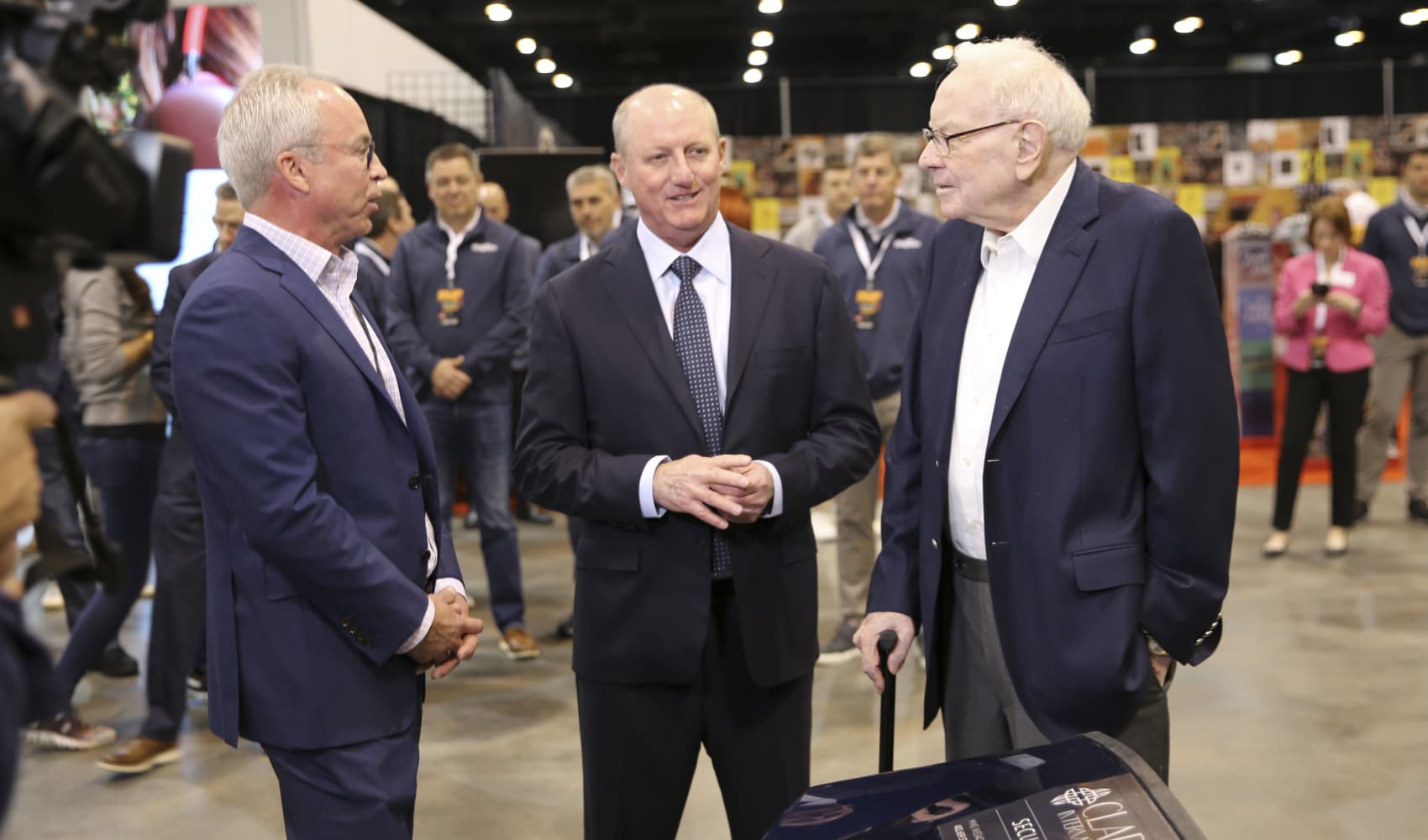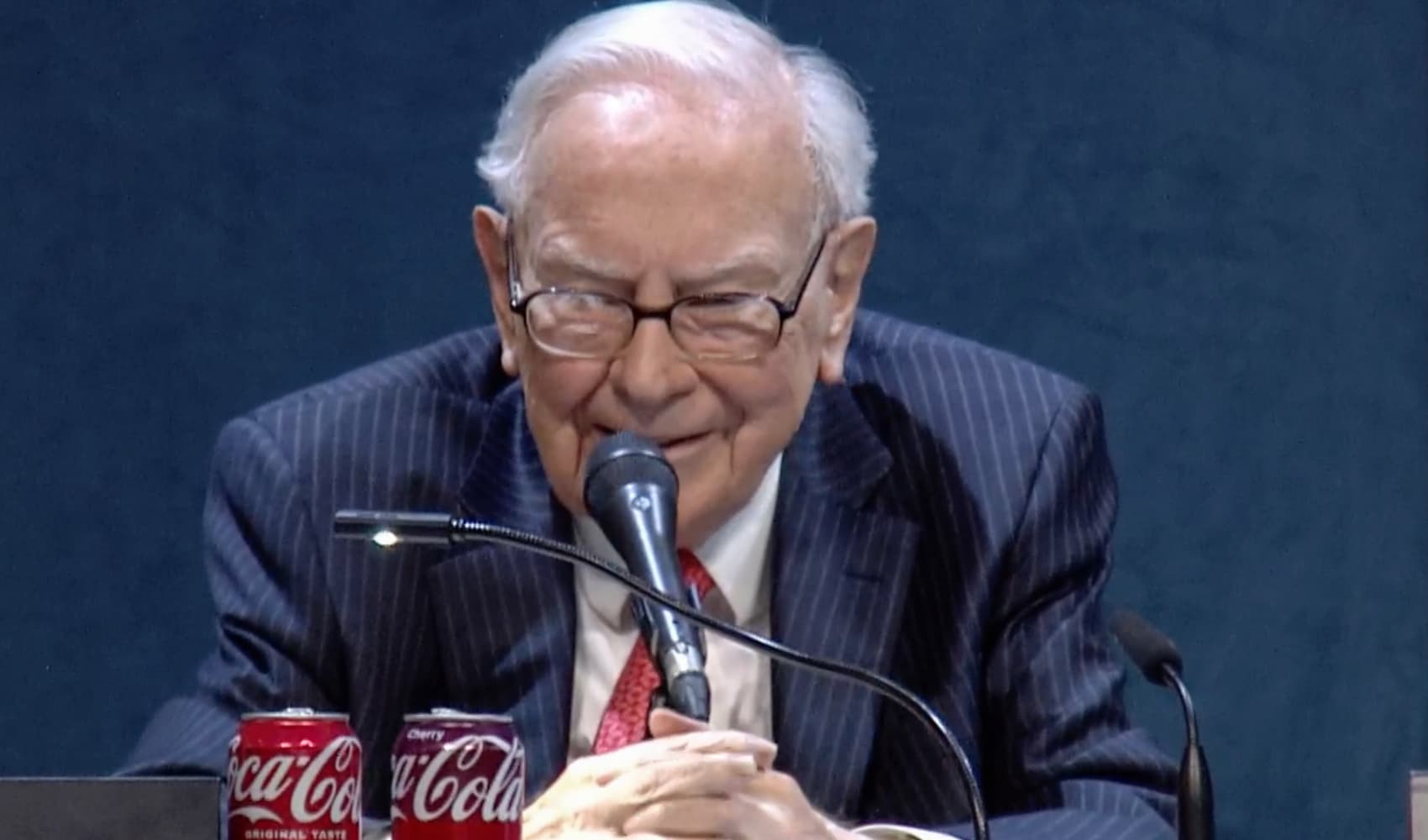China Tariffs & Wedding Dresses: Will Yours Cost More?
Trump's China Tariffs: Are Wedding Dresses the Next Casualty?
Introduction: When "I Do" Meets "I Can't Afford To"
Planning a wedding is already a rollercoaster of emotions and expenses. From the venue to the flowers, the costs can quickly spiral out of control. But what if I told you there's a hidden cost lurking, threatening to make your dream dress unaffordable? Yes, Trump's tariffs on Chinese imports are starting to hit the wedding industry hard, particularly bridal boutiques and the stunning dresses they sell.
The Bridal Boutique Squeeze: A Delicate Fabric Unraveling
Bridal boutiques, often small, family-owned businesses, are feeling the pressure. They're caught in a vise: absorb the tariff costs and risk losing customers, or pass them on and potentially price themselves out of the market. It’s a tough spot, like being asked to choose between your wedding cake and your first dance!
The Impact on Small Business Owners
These aren't faceless corporations we're talking about. These are passionate entrepreneurs who've poured their heart and soul into helping brides find their perfect gown. The tariffs threaten their livelihood and their ability to continue serving their communities.
China's Role in Bridal Fashion: The Manufacturing Hub
Let's face it: China has become a global manufacturing powerhouse. This includes bridal gowns and accessories. A significant portion of wedding dresses sold in the US are either fully or partially made in China. Why? Because of lower production costs. These tariffs disrupt well-established supply chains.
The Tariff Tsunami: How It's Affecting Prices
Think of tariffs as a tax on imported goods. When these goods are essential to a business, like wedding dresses are to a bridal shop, the cost inevitably trickles down to the consumer – that’s you, the bride-to-be. We are talking about significant tariff percentage on these wedding products coming from China to US.
Surcharges: The Extra Cost You Didn't See Coming
Some brands, like Mon Cheri and Justin Alexander, have already started adding tariff surcharges to their dresses. This means an unexpected additional cost on top of the already significant price tag of a wedding gown. Imagine finding your dream dress, only to discover you need to add hundreds of dollars because of a tariff!
Big Brands Respond: David's Bridal's China Exit
Facing mounting pressure, some larger players are shifting their production out of China. David's Bridal, for example, has reportedly been scrambling to find alternative manufacturing locations. This is a complex and costly process, and while it might mitigate the tariff impact in the long run, it’s not a quick fix. But, are these moves going to impact the quality and pricing of their products?
The National Bridal Retailers Association: Fighting Back
The National Bridal Retailers Association (NBRA) is stepping up to defend its members. They've launched a letter-writing campaign, urging lawmakers to speak out against the tariffs and consider exemptions for the bridal industry. It’s like a wedding planner coordinating a complex event, but this time, the event is political.
The Letter-Writing Campaign: A Plea to Lawmakers
The NBRA’s campaign aims to raise awareness among policymakers about the devastating impact of the tariffs on small businesses and consumers. They are hoping to convince lawmakers that bridal gowns deserve special consideration.
The Impact on the Bridal Industry: Beyond the Dress
The tariffs don't just affect the price of the dress. They impact the entire bridal industry, from alterations to accessories. Think of it as a ripple effect: higher dress prices mean less money for other wedding-related expenses.
The Future of Bridal Shopping: What to Expect
So, what does this mean for brides-to-be? Expect to see price increases, potentially longer lead times for dresses (as companies adjust their supply chains), and possibly fewer choices as some smaller boutiques struggle to stay afloat. It might be wise to start shopping earlier than planned and to be open to exploring different brands and styles.
Tips for Saving Money on Your Wedding Dress
- Shop sales and sample sales: You can snag amazing deals on designer dresses.
- Consider a pre-owned gown: There are many beautiful, gently used wedding dresses available.
- Explore less traditional options: A white bridesmaid dress or a formal evening gown can be just as stunning.
- Look outside your local area: Prices can vary significantly from one boutique to another.
- Negotiate: Don't be afraid to ask for a discount or for alterations to be included in the price.
Beyond the Bottom Line: The Emotional Cost
While the financial impact is significant, the emotional toll shouldn't be underestimated. Finding the perfect wedding dress is a deeply personal and emotional experience for many brides. The tariffs threaten to add stress and anxiety to what should be a joyful time.
The Political Dimension: A Wider Trade War
It’s important to remember that these tariffs are part of a larger trade war between the US and China. The bridal industry is just one of many sectors affected. This complex geopolitical situation makes it difficult to predict how things will unfold in the future.
The Ethical Considerations: Where Does Your Dress Come From?
The tariff situation also raises ethical questions about labor practices and sustainability in the fashion industry. Consumers are increasingly conscious of where their clothes come from and how they are made. This adds another layer of complexity to the wedding dress buying process.
Navigating the Uncertainty: Staying Informed
The best thing you can do is stay informed. Talk to your bridal consultant, research brands, and follow industry news. Knowledge is power, and it can help you make informed decisions and find the perfect dress, even in these uncertain times. Knowledge is a bride's best friend right now.
Conclusion: A Call to Action
The tariffs on Chinese imports are undoubtedly impacting the wedding dress industry and, more importantly, the brides and small businesses that depend on it. From price increases to potential boutique closures, the effects are far-reaching. It's time for consumers, industry professionals, and lawmakers to work together to find solutions that protect the bridal industry and ensure that every bride can have her dream dress without breaking the bank. We need to call our lawmakers and make our voice heard!
Frequently Asked Questions
- Why are wedding dresses being affected by tariffs?
Many wedding dresses are manufactured in China, and tariffs on Chinese imports increase the cost of these dresses. The higher cost is either absorbed by the retailers, passed onto the consumers, or both.
- How much more expensive will wedding dresses become?
The exact increase varies depending on the brand, style, and the boutique. However, some brands have already added surcharges, and others are expected to follow suit, leading to overall price increases.
- Can I avoid the tariff by buying a dress made in the USA?
Yes, choosing a dress made in the USA or another country not subject to these tariffs can help you avoid the extra cost. However, these dresses may already be priced higher than Chinese-made dresses.
- What can I do to help the bridal industry during this time?
You can support your local bridal boutiques by shopping there, even if you don't find your dream dress. You can also contact your lawmakers and voice your concerns about the tariffs.
- Are there any exceptions to the tariffs for wedding dresses?
Currently, there are no specific exemptions for wedding dresses. The National Bridal Retailers Association is lobbying for exemptions, but the outcome is uncertain.









